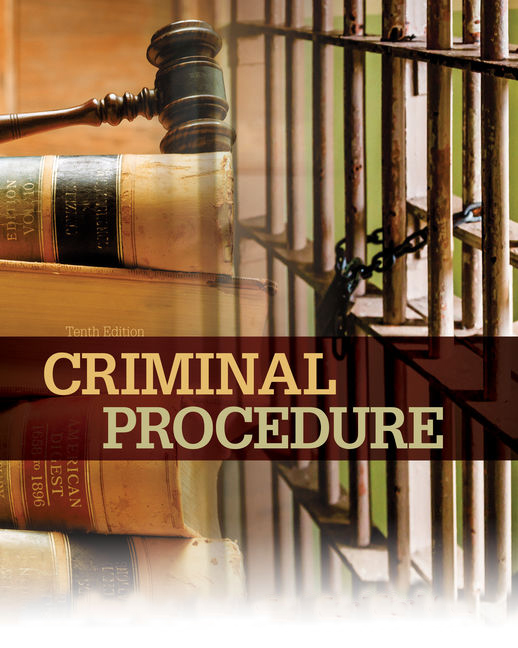Court under S.482 C.R.P.C can quash FIR lodged with ulterior motive and malicious intention: High Court of Jammu And Kashmir
Where the FIR has been lodged with ulterior motive and maliciously to harass the petitioner and to dissuade the petitioner from raising any grievance against the conduct of the respondent, the court can without hesitation can quash the proceeding under sec. 482 CRPC. This was held in Nowshad Ahmad Rather V. State Through Police Station Kothibagh Sgr. & Anr[CRMC No. 334/2018] in the High Court of Jammu And Kashmir at Shrinagar by single bench consisting of JUSTICE RAJNESH OSWAL.
Facts are that the petitioner on way to his office was prevented, by road closure by the police. The petitioner requested the police to let him pass, was harassed and took to social media and lodged a complaint with the Governor and Grievance Cell. FIR was registered against the petitioner under Section 353, 506 RPC for entering into an argument with respondent, the Dy. SP on duty at the time.
The counsel for petitioner contended that FIR against the petitioner has been registered six days later with no justification for delay and is the result of afterthought, vengeance and based on mala fide. There was no occasion or reason available to the petitioner for obstructing the respondent from discharging his lawful duties.
The court made reference to the Supreme Court judgement in Manoj Kumar Sharma v. State of Chhattisgarh, wherein the following observations were made, “ Delay in lodging the FIR often results in embellishment, which is a creature of an afterthought. On account of delay, the FIR not only gets bereft of the advantage of spontaneity, danger also creeps in of the introduction of a coloured version or exaggerated story”
The court made relied on the judgement of the Apex Court judgement inM/S Indian Oil Corporation vs M/S NEPC India Ltd, the court in the case had highlighted the principles relating to exercise of jurisdiction under Section 482 of the Code of Criminal Procedure to quash complaints and criminal proceedings, the court held, “A complaint may also be quashed where it is a clear abuse of the process of the court, as when the criminal proceeding is found to have been initiated with mala fides/malice for wreaking vengeance or to cause harm, or where the allegations are absurd and inherently improbable.”
Considering the facts of the case and and the law laid down by Apex Court in the earlier precedents the court held that, the delay in lodging FIR shall certainly be a relevant factor for considering the motive behind lodging FIR and that FIR had been lodged with ulterior motive to harass the petitioner. Thus quashing of all consequential proceedings and the FIR.





